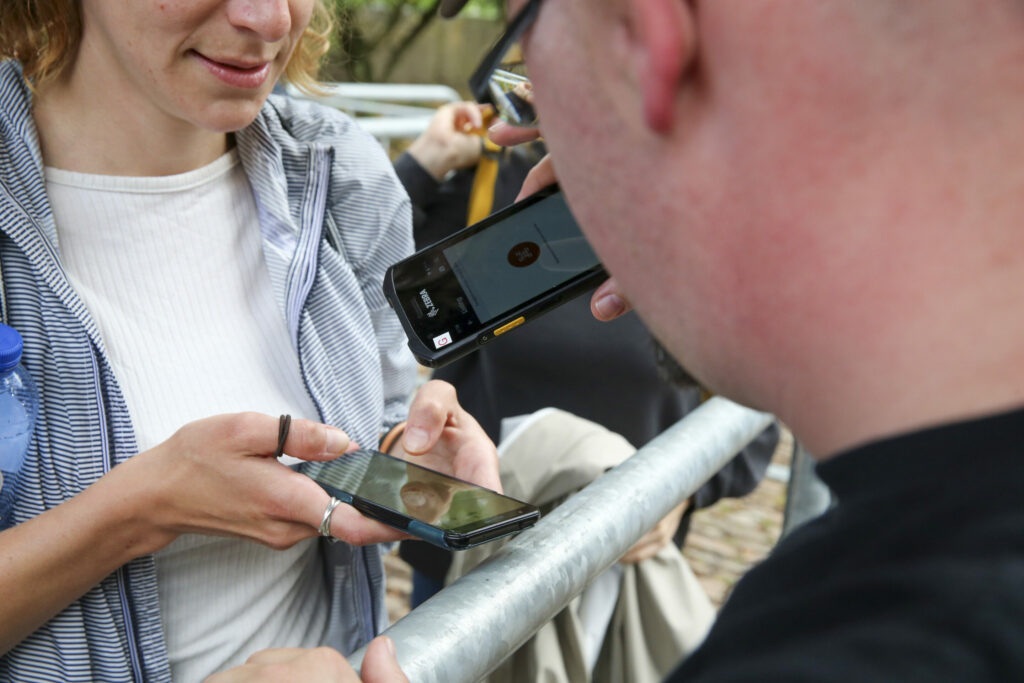The festival season is finally upon us, however, caution is advised for those looking to buy tickets for their favourite events – amid a rising number of reports of ticket fraud and scams.
The Ministry of the Economy has noted a clear increase in the number of people being affected by the sales of fraudulent tickets to festivals, concerts, sporting events or amusement parks through bogus advertising sites or social media.
The number of scams has risen significantly in recent years – from 36 in 2021, 141 reports in 2022 and as many as 360 reports last year.
Reported losses also rose as more people were affected: last year this amount reached €60,615, almost five times more than in 2022 (€13,142). On average, a victim lost €168 to this type of scam. But that is presumably the tip of the iceberg.
"The real damage caused by ticket fraud is much higher," Lien Meurisse, the ministry's spokesperson said. "Presumably victims are ashamed or do not think it is necessary to report the scam, their money is lost anyway."
The investigations carried out by the ministry showed that this type of scam is widespread across Belgium, and resulted in 39 official reports against 30 suspects living in Belgium being handed over to the public prosecutor's office.
Avoiding scams, and what to do if you are affected
Of the total number of reports, 70% were about a fake ticket for a festival, while the remaining part is related to admission tickets to concerts (19%), parties (8%) and entrance tickets to amusement parks (4%).
Due to the large number of reports and the summer festival season having kicked off, the Ministry is launching a large-scale campaign to warn consumers about this type of fraud via several ads on social media and Spotify, among others.
Firstly, the government department aims to target anyone who has already bought an admission ticket through unofficial channels to convince them to report the scam through its dedicated platform.
"That way, the Economic Inspectorate can track down the perpetrators and make sure there are no more victims," Meurisse said. This should also be reported to the local police so victims can file a civil suit. If the false ticket was paid for with a credit card, consumers can try to dispute the transaction here.
It also wants to warn potential victims, noting that consumers are usually approached through fake ads on classified advertising websites and on social media. "Fraudsters post messages or advertisements offering (fake) tickets with profiles that seem trustworthy. When consumers search for tickets themselves on social media, scammers pick up on this and start a conversation with the potential victim."
While in most cases victims don't receive any ticket – almost 90% of tickets were not sent following payment in the reported cases – in some cases, they were sent but did not give the buyer access to the concert. "Many victims discover this only at the entrance of the event, which makes it even more painful."
The government department recommends always buying tickets through the official website of the event. If the event is sold out, the official channels still remain the best option. "They sometimes offer waiting lists or other ways to buy tickets over from others in a correct way and at a correct price."

